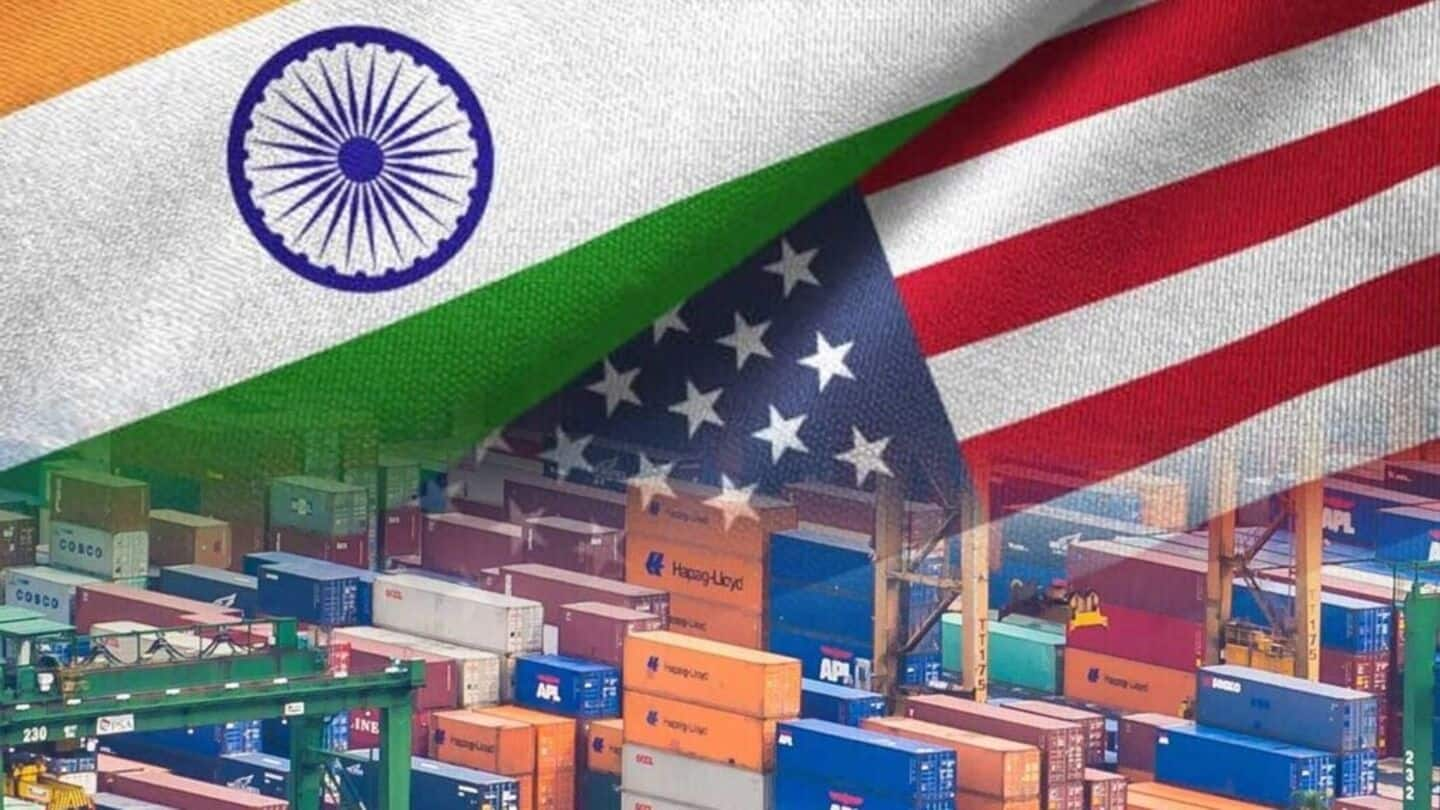
India, US to sign trade deal before July 9 tariff deadline
What's the story
The much-anticipated interim trade deal between India and the United States is expected to be announced before July 8. This comes as an Indian delegation, led by chief negotiator Rajesh Agrawal, Special Secretary in the Department of Commerce, is in Washington to finalize talks. The announcement would come just ahead of President Trump's deadline for imposing reciprocal tariffs on countries across the globe, which ends on July 9.
Tariff dynamics
US suspends 26% levy on Indian imports until July 9
The US has suspended a 26% levy on Indian imports until July 9, a move announced by Trump on April 2. The decision was aimed at bridging the trade gap, but the baseline tariff of 10% remains unchanged. India has been pushing for complete exemption from this additional tariff. Meanwhile, Trump has hinted at an impending major trade deal with India, saying his administration is working to remove all "unthinkable" trade barriers.
Negotiation hurdles
What US and India are seeking in the trade deal
The US is seeking duty relief on certain industrial goods, electric vehicles, wines, petrochemical products, dairy, and agricultural items like apples and tree nuts. On the other hand, India is looking for duty concessions for labor-intensive sectors such as textiles, gems and jewelry, and leather goods, among others. Agriculture and dairy sectors are particularly challenging areas where India has been unwilling to give duty concessions to the US.
Extended discussions
Indian officials extend stay in Washington as negotiations intensify
Indian officials have extended their stay in Washington as the trade deal negotiations with the US intensify ahead of the July 9 tariff deadline. The bilateral talks, originally scheduled to end on June 27, were extended by a day as both sides tried to resolve key differences. This extension has raised hopes for an interim trade agreement, though several unresolved issues remain between the two countries.
Sticking point
Key sticking points in the negotiations
One of the major sticking points in the negotiations is a US demand for India to allow imports of genetically modified (GM) agricultural products. Indian negotiators have rejected this demand, citing potential harm to the country's farming sector. On its part, India is pushing for a more comprehensive outcome that addresses both sector-specific market access and removal of reciprocal tariffs imposed on Indian exports.